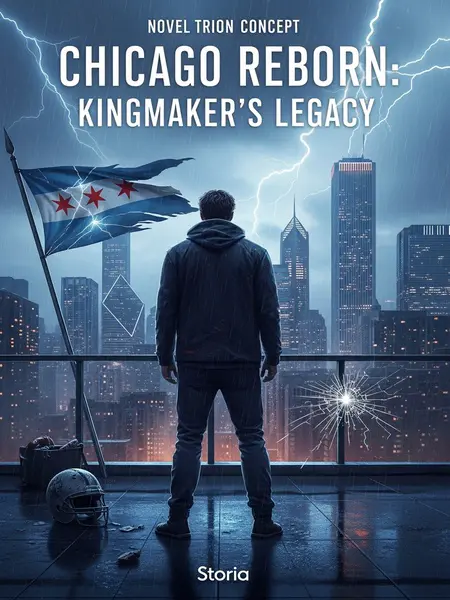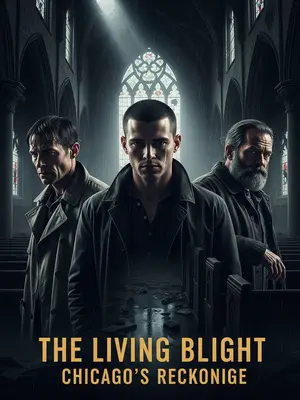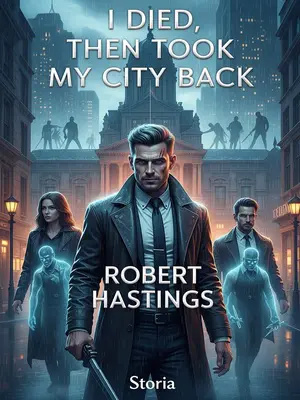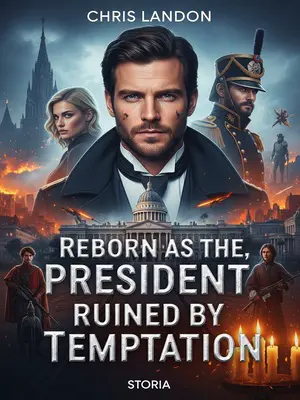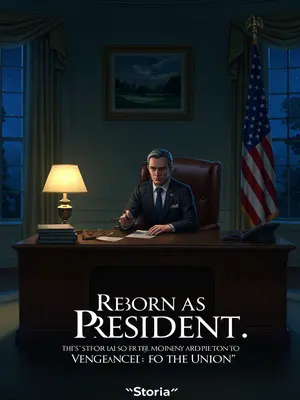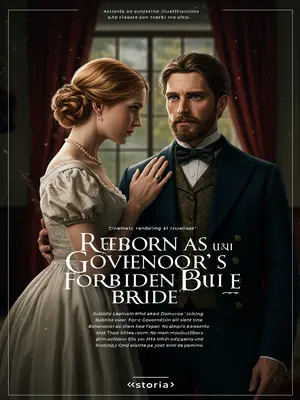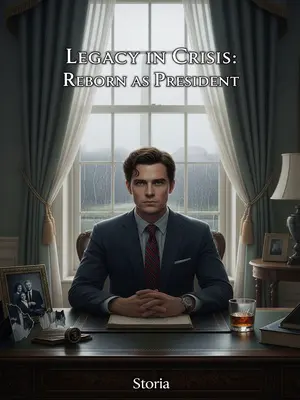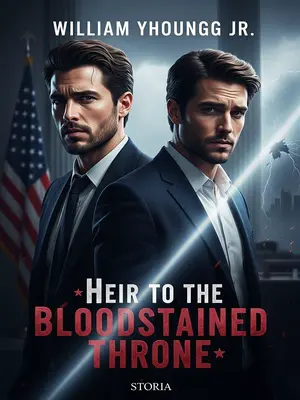Chapter 10: Whiskey Springs and Unity
After quelling domestic unrest, Harrison did not pursue further wars.
The country, after successive upheavals, was already exhausted.
Everywhere he looked, there was devastation from war.
He toured the ruined towns, meeting with farmers, teachers, and shopkeepers, listening to their stories, promising better days ahead.
So Harrison changed the era name to New Era, issued a general amnesty, and abolished taxes.
Chicago began five years of recovery.
Louis Banks and Marcus Taylor guarded the north, which could not be taken for now.
Harrison was only forty, with plenty of time to bring the four corners to submission.
In five years, Harrison carried out sweeping reforms.
He implemented the National Guard system in the military, organized population registers in agriculture, and developed farming.
The new policies brought hope, families returning to their homes, schools reopening, the city slowly healing.
In government, he won over the old states’ nobles, working to mitigate their descendants’ resentment toward Chicago.
He held town hall meetings, listened to grievances, brokered peace between old enemies. The spirit of unity grew stronger.
In five years, he steadily unified all of Chicago into a solid whole.
The city thrived, the people proud to call themselves Chicagoans. Harrison’s legacy took root, the future bright.
Spring, sixth year of the New Era.
Harrison, with Henry Nash, arrived at Maple Heights.
The trees were in bloom, the air fresh and alive with possibility. Harrison rode through the streets, greeted by cheers and waving flags.
This time, he set his sights on the northern Canadian raiders.
With a stable, prosperous Chicago behind him, Harrison was confident against the raiders.
The battle was nearly one-sided.
The young Henry Nash, like General Lee who wiped out the western tribes with a single campaign, together with Marcus Taylor, Louis Banks, and guerrilla expert Perry Grant, drove the raiders all the way to Lake Superior.
The campaign was swift, the victories decisive. The men celebrated each triumph, the city safe once more.
In this campaign, Harrison penetrated deep into raider territory, and outside the royal court, had the elderly Louis Banks pour presidential whiskey into a spring and share it with the soldiers.
The whiskey burned their throats, the laughter echoing across the hills. The men toasted to victory, their spirits high.
He named the place Whiskey Springs, and that night, after drinking too much, called over a seventeen or eighteen-year-old soldier surnamed Howard from Louis Banks’s army and gave him the name Quincy.
No one knew why this brilliant president laughed heartily with the newly named 'Howard Quincy.'
Everyone only remembered the feats of watering horses at Whiskey Springs and sealing the wolves at Wolf Crossing.
Chief Morgan of the raiders could not escape his fate of dancing.
Harrison had Louis Banks trap him at White Mountain, where he was captured alive.
Then, with the army, watched as his raider tribes were driven out and destroyed.
The bonfires burned late into the night, the men singing and dancing, the victory complete.
At the victory bonfire, Louis Banks, Marcus Taylor, and the young Howard Quincy forced Harrison to dance around the fire.
In his drunken haze, Harrison looked at the laughing Louis Banks and muttered, "I haven’t disgraced you, great president, have I?"
Louis clapped him on the back, the men roaring with laughter, the bond of brotherhood stronger than ever.
